You’ll Never Believe The Origin And Meaning Of These Hardest Spelling Bee Words
Ever wondered why spelling bees can make grown-ups sweat more than a sauna in July? Well, we've got a clue: it's those pesky hard-spelling words! You know, the ones that seem like someone spilled alphabet soup and called it a word. But fear not, because we're not just decoding these wordy enigmas; we're going to make you chuckle along the way.
If you're ready for more spelling shenanigans and curious about the surprising tales behind these linguistic hurdles, grab your thinking caps, and let's explore the meanings and origins of these devilish spelling bee words that will leave you in stitches and awe.
#1. Pseudopseudohypoparathyroidism

Pseudopseudohypoparathyroidism (PPHP) is an inherited disorder that results in short stature, a round face, and short hand bones. PPHP hardens joints and other soft tissues in the body. It also has an impact on how bones develop.
"Pseudo-" means false or fake. "Hypoparathyroidism" is a medical condition characterized by insufficient secretion of parathyroid hormone, leading to imbalances in calcium and phosphorus levels in the body.
#2. Antiestablishmentarianism
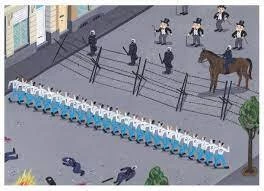
Antiestablishmentarianism (or anti-establishmentarianism) is a political philosophy that considers the power structure of a country or society to be corrupt, repressive, exploitative, or unjust.
"Anti-" means against or opposed to. Establishment" in this context refers to the established Church of England, which was the state church during that period.
#3. Floccinaucinihilipilification
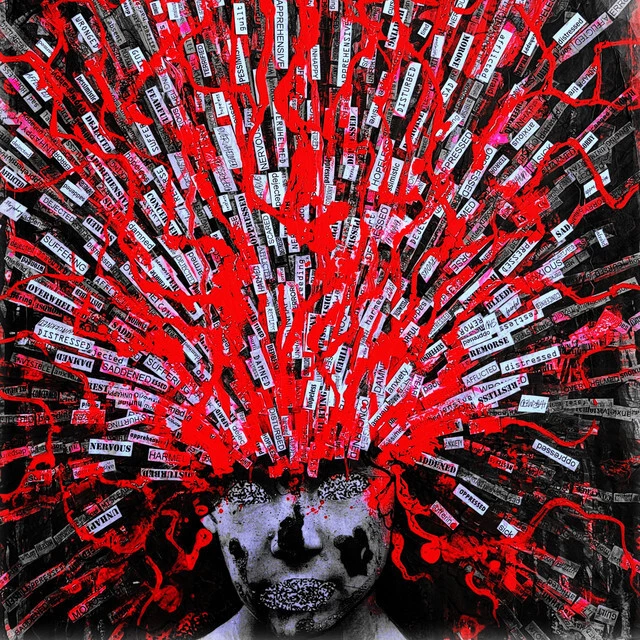
Floccinucinihilipilification is the action or habit of estimating something as worthless. (The word is used chiefly as a curiosity.). Mid 18th century: from Latin flocci, nauci, nihili, pili (words meaning ‘at little value’) + -fication. The Latin elements were listed in a well-known rule of the Eton Latin Grammar.
#4. Hippopotomonstrosesquipedaliophobia

Hippopotomonstrosesquippedaliophobia is a fear or phobia of long words. Distress or anxiety may result from feelings of shame or fear of ridicule for mispronouncing long words. Because phobia is not a recognized diagnosis, more research is required.
The word is a blend of different elements:
- "Hippopotamus," which is a large African mammal.
- "Monstrous," meaning huge or monstrous.
- "Sesquipedalian," which actually means a long word or characterized by long words.
- "Phobia," which refers to an irrational fear of something.
#5. Supercalifragilisticexpialidocious
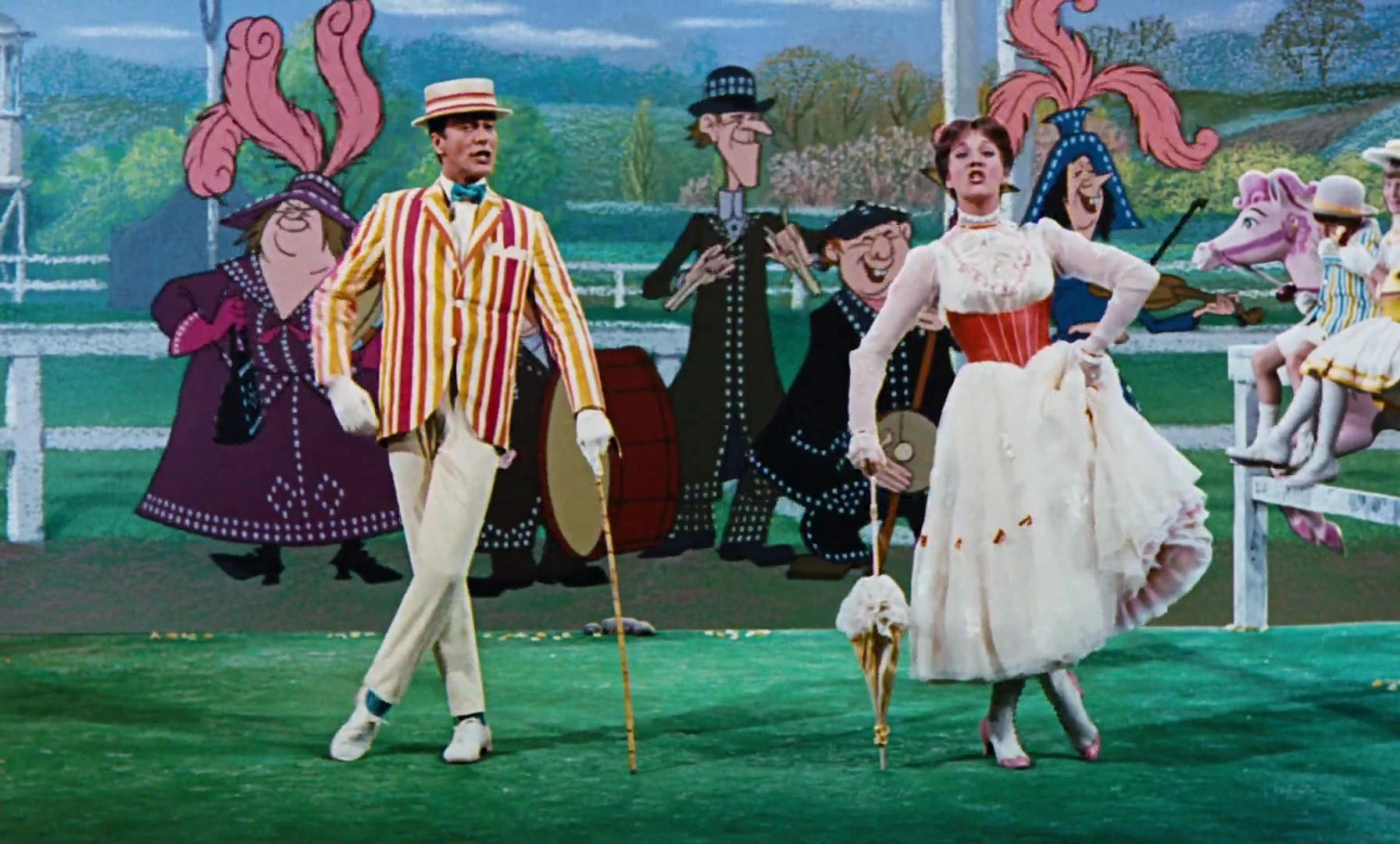
Supercalifragilisticexpialidocious is the adjective, that means "extremely good" or "wonderful." The term originated in the 1964 film Mary Poppins. It is a meaningless word that appears in some but not all dictionaries.
#6. Electroencephalograph
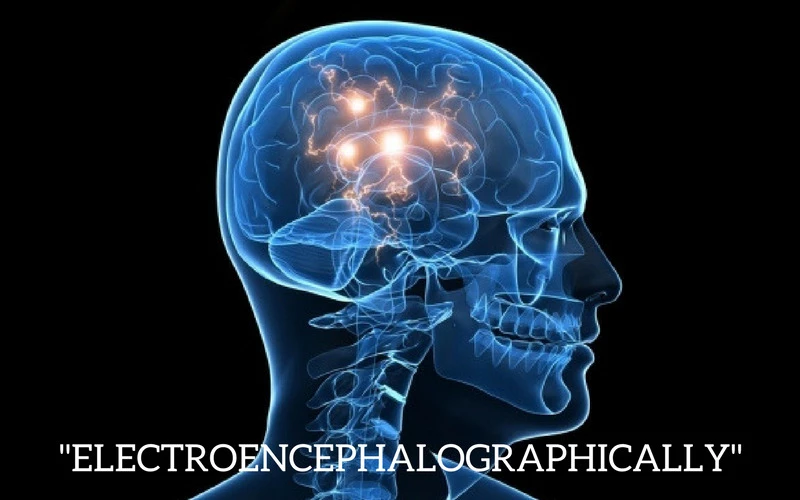
The electroencephalograph is an instrument that measures electrical potentials on the scalp and creates a record of the brain's electrical activity. Encephalograph is another name for an encephalograph.
The word "electroencephalographically" is derived from several components:
"Electro-" is a prefix that pertains to electricity or electrical phenomena.
"Encephalo-" is a prefix referring to the brain.
"Graphically" is an adverbial suffix indicating that something is done in a graphical or visual manner.
#7. Pneumonoultramicroscopicsilicovolcanoconiosis
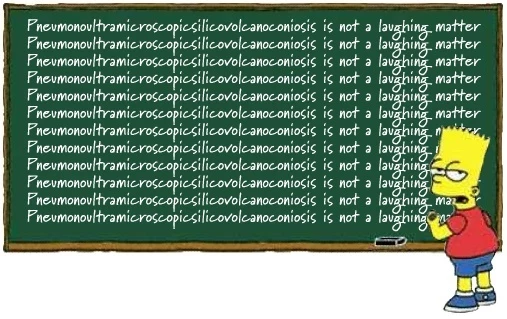
Pneumonoultramicroscopicsilicovolcanoconiosis, a chronic lung condition caused by the inhalation of fine silicate or quartz dust, is the longest word in the English language, according to the Oxford English Dictionary. Undoubtedly, it's one of the hardest spelling bee words.
The word was allegedly created in the early 20th century as a playful and exaggerated way to describe a lung disease caused by inhaling very fine silica dust, such as that found in volcanic ash or certain types of mining environments.
While it's an extremely long and impractical word, it was never widely accepted or used within the medical community. Instead, it gained notoriety for its length and complexity, making it a popular example of a long and hard-to-pronounce word.
#8. Sesquipedalian
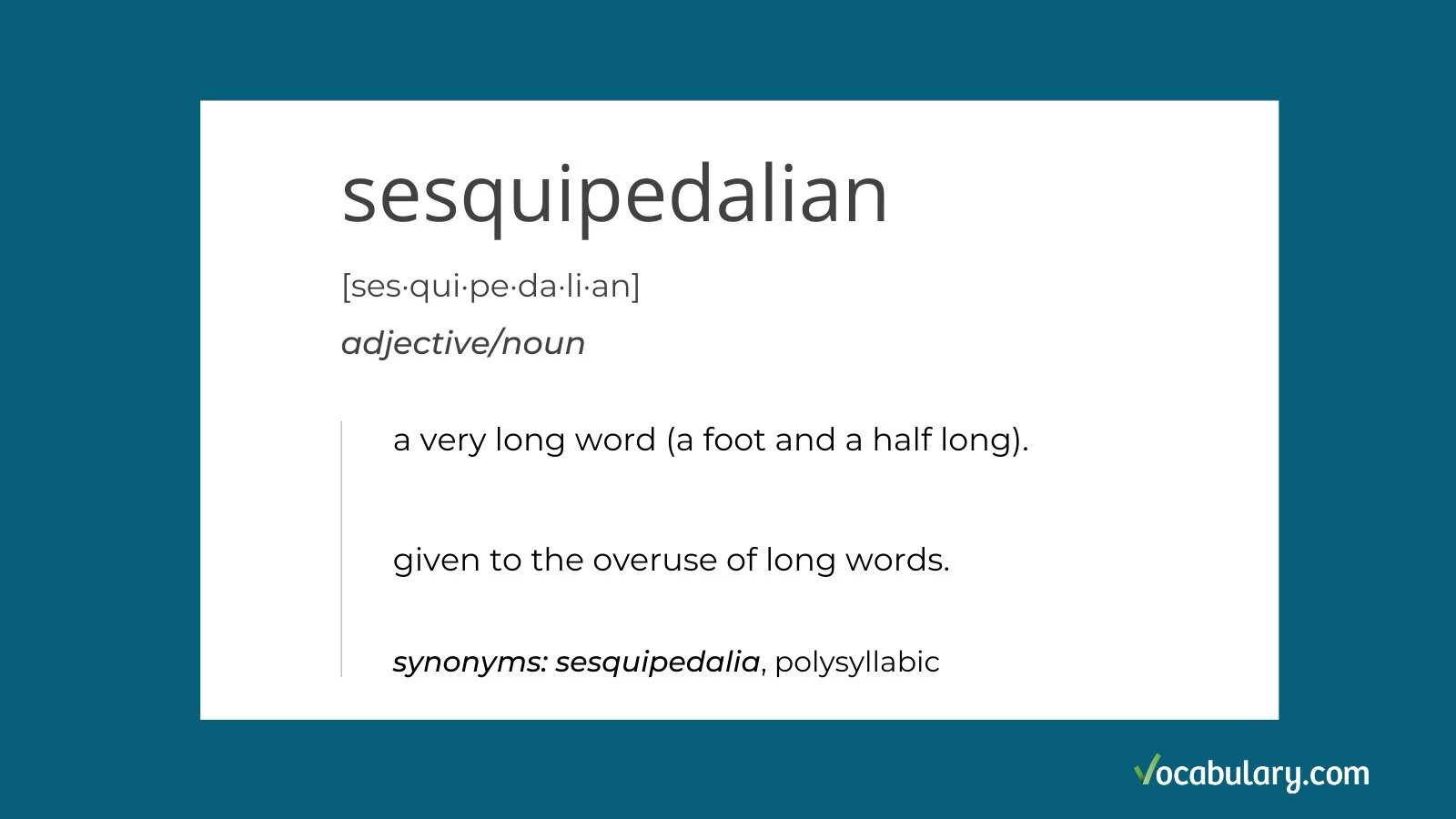
Sesquipedalian is an adjective that describes words or expressions that are excessively long, characterized by the use of long and complex words, or overly verbose. It is often used to criticize or mock language that is unnecessarily wordy or pretentious.
The word "sesquipedalian" has its origin in Latin. It is derived from the Latin word "sesquipedalis," which is a combination of "sesqui," meaning "one and a half," and "pedalis," meaning "feet." In other words, "sesquipedalian" literally means "a foot and a half long" in Latin.
#9. Antidisestablishmentarianism

Antidisestablishmentarianism is a term that primarily refers to a historical political and religious position, especially in the context of 19th-century Britain. It denotes opposition to the disestablishment of the Church of England as the state church.
- Antidisestablishmentarianism" originated in 19th-century Britain during a period of political and religious debate. The term can be broken down as follows:
- "Anti-" means against or opposed to."Disestablishment" refers to the act of separating a church from its status as the official or state-sponsored church.
- "arian" is a suffix commonly used to form nouns denoting a belief or ideology.
#10. Otorhinolaryngologist

An otorhinolaryngologist is a medical specialist who specializes in the diagnosis and treatment of disorders related to the ear, nose, and throat (ENT). This medical field is also known as otolaryngology. Here's a breakdown of the components of the word:
The word "otorhinolaryngologist" has its origin in Greek and Latin components:
- "Oto-" comes from the Greek word "oto," which means "ear."
- "Rhino-" comes from the Greek word "rhinos," which means "nose."
- "Laryngo-" comes from the Latin word "larynx," which means "voice box."
- "-ologist" is a suffix derived from the Greek word "logos," which means "study" or "science."
Conclusion
These words above prove that language is a living, evolving entity, shaped by history, culture, and the sheer creativity of the human mind.
So, the next time you encounter one of these challenging words in a spelling bee or elsewhere, remember the rich tapestry of stories and origins that lie beneath the surface. And always be prepared to be amazed by the hardest spelling bee words.